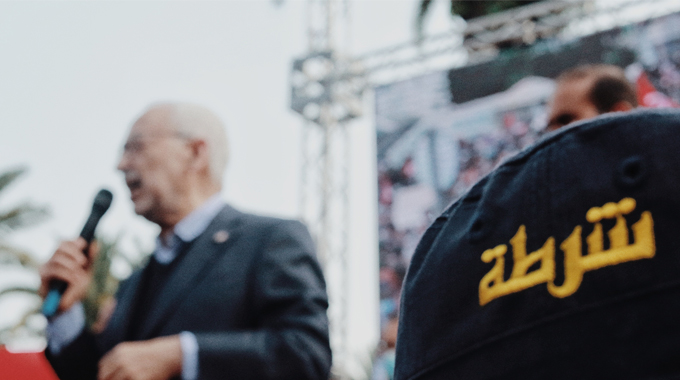In recent weeks, political parties have taken to the streets for rallies and demonstrations. The move from parliamentary chambers to downtown avenues follows weeks of unrest in January and February, confrontations between demonstrators and police, mass arrests and torture of detainees, and disagreements between President Kais Saied and Prime Minister (PM) Hichem Mechichi over the PM’s proposed ministerial reshuffle. The new party mobilizations reflects what one Ennahdha party official has called a “sign of crisis.”



